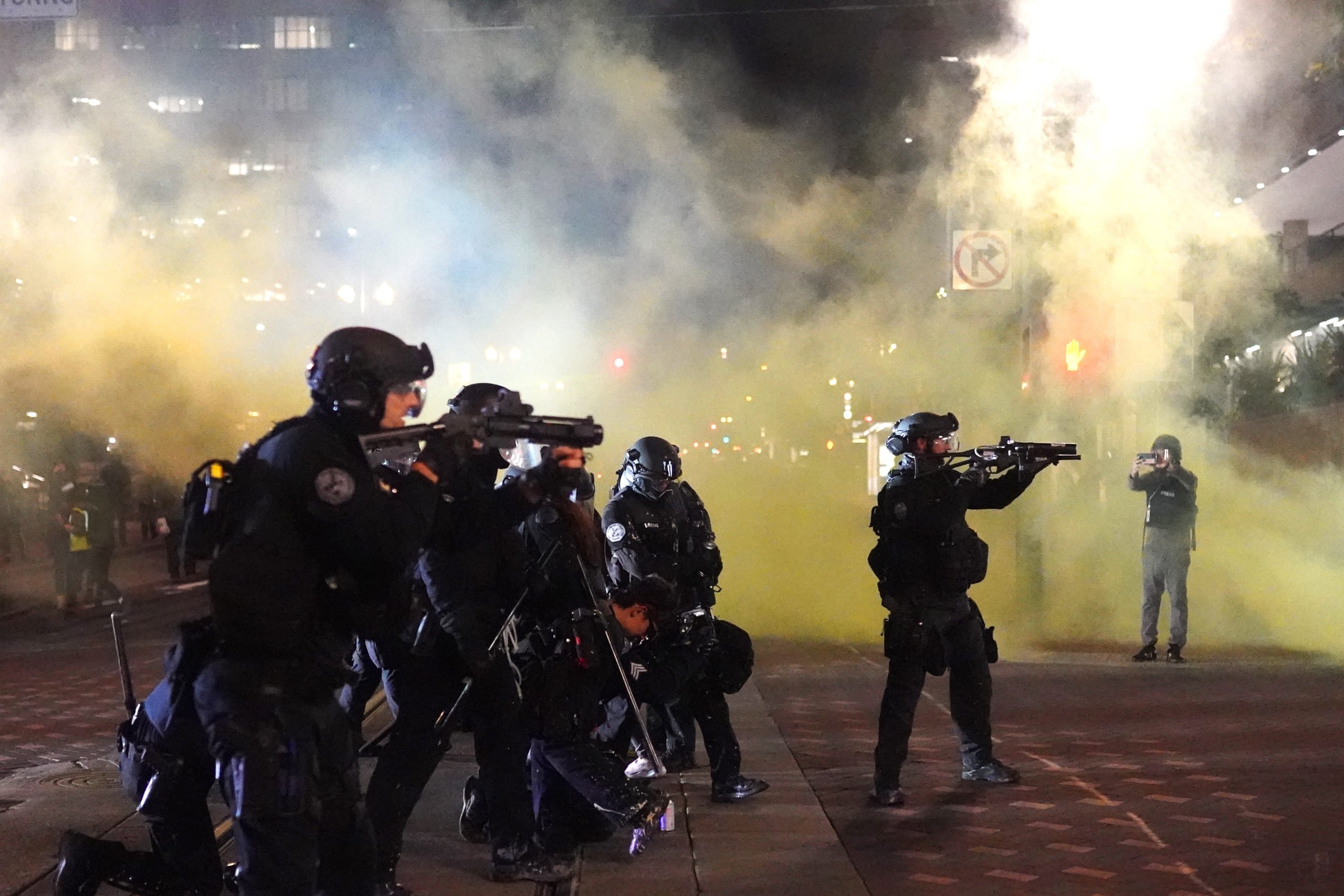Undercover watchdog group Project Veritas (PV) has sued Oregon over the state’s ban on undercover journalism.
“We are seeking to strengthen watchdog journalism by overturning an unconstitutional law criminalizing the kind of corruption-exposing journalism which holds the powerful accountable across the country,” James O’Keefe, founder and CEO of PV and Project Veritas Action Fund (PVAF), said in an official statement.
According to Oregon law, individuals are not allowed to secretly record any conversation unless all participants in the conversation are explicitly informed that their conversation is being recorded. PV and PVAF claim the “draconian law” is an unconstitutional impediment on the First Amendment. (RELATED: Project Veritas Video Shows Facebook Content Moderators Discussing Censoring Conservatives, Reveals ‘Exception’ Given To Don Lemon For Hate Speech)
PV and PVAF argue that the law prevents undercover journalists from exposing stories that would not otherwise be brought to light.
“By denying the right to record, Oregon bans the most effective means of gathering the news,” O’Keefe said.
PV and PVAF are requesting the court strike down the current multiple-party consent rule so that PV, PVAF and other undercover journalists can investigate “civil unrest and expose who is really behind the violence,” as well as “investigate allegations of corruption,” according to the statement. The lawsuit says if the ban wasn’t in place, PV, PVAF and other undercover agencies could investigate supposed allegations of corruption at the offices of the Oregon Public Records Advocate and the Public Records Advisory Council.

PORTLAND, OR – AUGUST 25: Portland police officers fires less lethal rounds through smoke (Photo by Nathan Howard/Getty Images)
“People should have the ability to know what their government is doing and to make an informed decision at the ballot box,” Jered Ede, the chief legal officer at PV, said in a statement to The Daily Caller. “This transcends politics.”
PVAF sued Massachusetts over a similar law which prohibited the undercover recording of public officials. The law was ruled unconstitutional and overturned in December 2018.
“The Court holds that Section 99 may not constitutionally prohibit the secret audio recording of government officials, including law enforcement officials, performing their duties in public spaces, subject to reasonable time, manner, and place restrictions,” the decision regarding the Massachusetts case read, according to PV.
Massachusetts has appealed the ruling and a decision is pending.
Federal law requires one-party consent, which means an individual can record a phone call or conversation so long as they are a party to the conversation. If the individual is not party to the conversation, they can record it as long as one party consents to having full knowledge that the communication will be recorded. The law prohibits recording conversations with criminal or tortious intent, according to Justia.
35 states and Washington D.C. have laws similar to the federal statute. However, 15 states require all parties to consent to being recorded, but many states require consent only in situations where the parties have a reasonable expectation of privacy, according to Justia.


